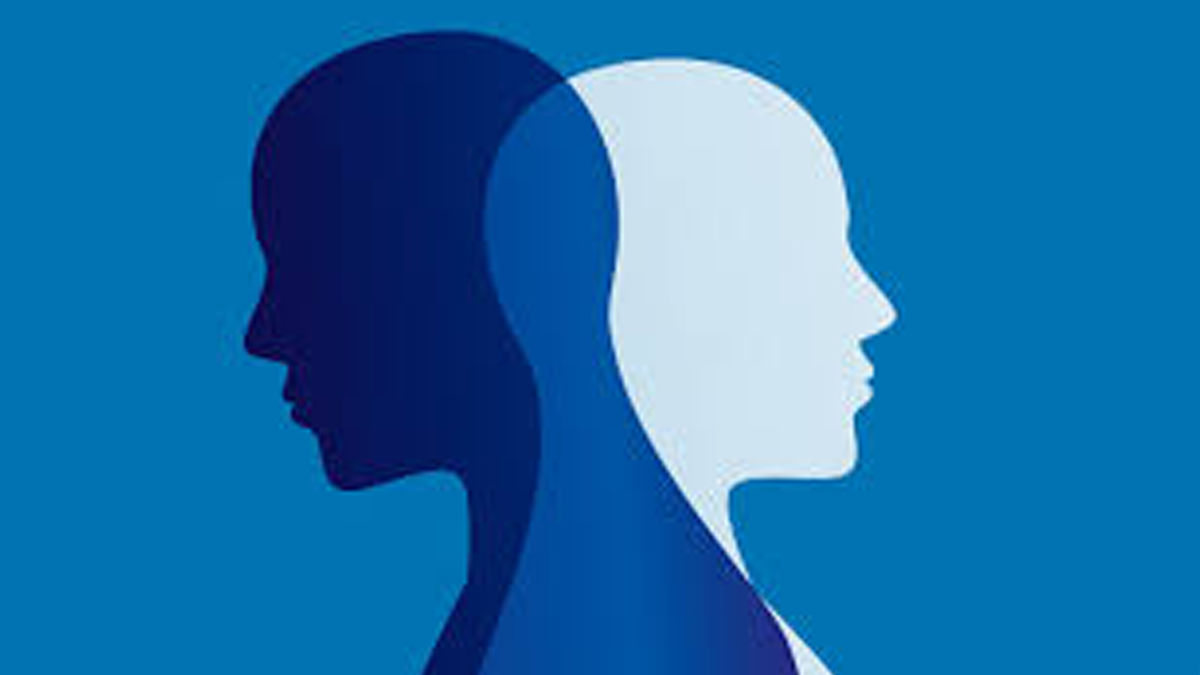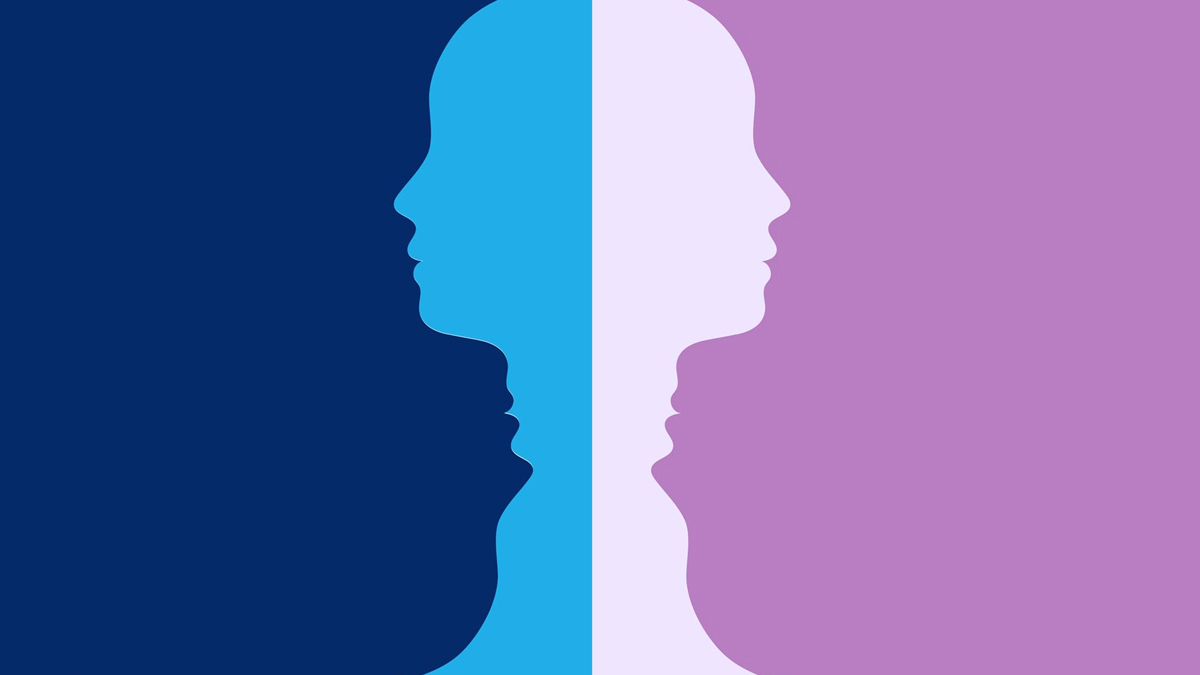
Yo Yo Honey Singh, one of India's most prominent rappers, has always been open about his personal struggles, shedding light on the mental health issues that many face but are often reluctant to talk about. In his Netflix documentary Yo Yo Honey Singh: Famous, Singh candidly discussed his battle with bipolar disorder, sharing how it affected both his personal and professional life. The rapper’s openness about his experiences with paranoia, delusions, and psychotic symptoms has helped raise awareness about the challenges faced by those living with the condition.
Table of Content:-
CHECK YOUR
MENTAL HEALTH

A Peek Into Honey Singh’s Struggles
Honey Singh’s journey through bipolar disorder wasn’t just a mental health battle; it affected his very sense of reality. In the documentary, he recollected a time when he was invited by Bollywood superstar Shah Rukh Khan to join him on a tour in the United States. Despite his deteriorating mental state, Singh agreed to the tour. However, once on the tour, Singh began to experience severe paranoia. He feared being framed for something he didn’t understand, and the pressures of the performance began to feel like too much to handle.
“I was sure that I was going to die during that show,” Singh recalled, sharing how he went to extreme lengths to avoid performing. The paranoia worsened to the point where he shaved his head in a bid to avoid getting on stage. His struggles were exacerbated by delusions and a feeling of impending doom, illustrating just how consuming bipolar disorder can be.
View this post on Instagram
Understanding Bipolar Disorder
Bipolar disorder is a severe mental health condition characterized by extreme mood swings that include emotional highs (mania or hypomania) and severe lows (depression). These episodes can significantly disrupt an individual’s daily life and affect their ability to maintain relationships and carry out regular activities. Singh’s description of his own experience with the disorder aligns with the symptoms of this condition, which can manifest in various forms.
Also Read: Varun Dhawan Quits Black Coffee on Empty Stomach: Here’s Why It’s Bad for Your Gut Health
The disorder typically has three main types:
- Bipolar I disorder: Defined by manic episodes lasting at least a week or requiring hospitalization, often accompanied by depressive episodes.
- Bipolar II disorder: Characterized by recurring depressive episodes along with hypomanic episodes (a less severe form of mania).
- Cyclothymic disorder: Involves periods of hypomanic symptoms and depressive symptoms lasting for at least two years, but the symptoms do not meet the full criteria for a hypomanic episode or major depressive episode.

Signs and Symptoms of Bipolar Disorder
As per Dr Preeti Singh, Chief Medical Officer, Lissun (Mental Health & Emotional Wellness Startup), the symptoms of bipolar disorder can vary, but they typically include distinct periods of mania and depression. These mood shifts can happen suddenly or gradually and can last for extended periods. In Honey Singh's case, the rapid shifts in his thoughts, feelings, and behaviours mirrored many of the typical signs of the disorder.
Also Read: Shark Tank India Sparks Debate: Namita Thapar and Anupam Mittal Face Off on Work-Life Balance
Symptoms of Mania or Hypomania:
- Elevated mood: Unusual happiness or irritability.
- Increased energy: Feeling hyperactive or overly productive.
- Decreased need for sleep: Feeling rested after little sleep.
- Impulsive behaviour: Making reckless decisions or taking unnecessary risks.
- Racing thoughts and speech: Talking quickly or jumping from one idea to the next without logical connections.
- Grandiose ideas: Believing that one has special powers, abilities, or a grand destiny.
- Psychosis: In severe cases, hallucinations and delusions may occur.

Symptoms of Depression:
- Prolonged sadness or hopelessness: A deep sense of despair or emptiness.
- Loss of interest: A marked decrease in pleasure or interest in activities once enjoyed.
- Fatigue or lethargy: Feeling tired all the time, even after sleep.
- Difficulty concentrating: Finding it hard to focus on tasks.
- Thoughts of death or suicide: In extreme cases, suicidal ideation may occur.
The Impact of Bipolar Disorder on Honey Singh
Singh’s battle with bipolar disorder took a toll on his career and personal life, leading him to step away from the limelight for a period. His documentary paints a poignant picture of the internal struggle that comes with the disorder, where even routine activities became overwhelming. Despite his success and fame, Singh faced the same mental health challenges as many others, reminding viewers that no one is immune to mental illness.
Managing Bipolar Disorder
Bipolar disorder is a lifelong condition, but with proper treatment, it is manageable. Treatment typically involves a combination of medication, therapy, and lifestyle changes. Medications like mood stabilizers and antipsychotics are commonly prescribed to control manic and depressive episodes. Psychotherapy, such as cognitive-behavioural therapy (CBT), helps individuals understand and manage their thoughts and behaviours.
For those with bipolar disorder, it is crucial to maintain a routine, get adequate sleep, and avoid triggers like stress or substance abuse. With the right treatment plan and support, individuals with bipolar disorder can lead fulfilling lives.
Bottomline
Honey Singh’s story is a powerful reminder that mental health issues do not discriminate, regardless of fame or success. His willingness to speak about his experience with bipolar disorder helps reduce the stigma surrounding mental illness and encourages others to seek help if they are struggling. Recognizing the symptoms of bipolar disorder and seeking timely medical intervention is essential for managing the condition and improving quality of life.
Also watch this video
Read Next
What Is Postpartum Bipolar Disorder: Understanding Symptoms, Causes, Treatment, And Prevention
How we keep this article up to date:
We work with experts and keep a close eye on the latest in health and wellness. Whenever there is a new research or helpful information, we update our articles with accurate and useful advice.
Current Version